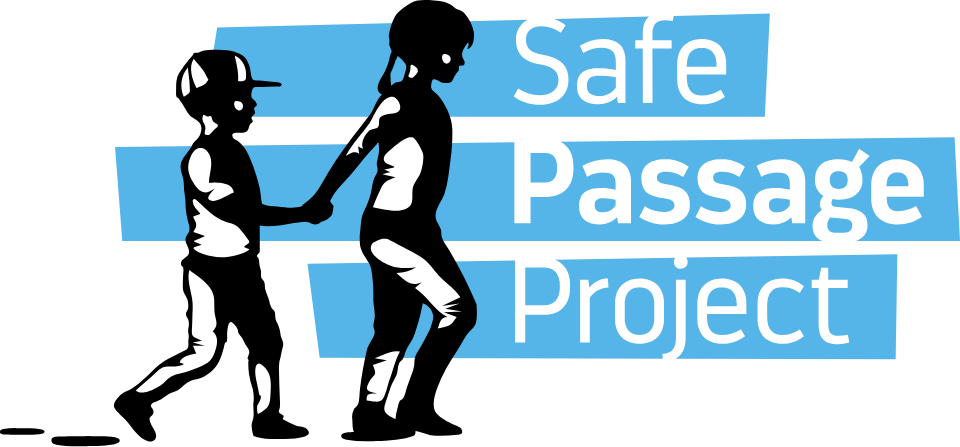Attorney General Sessions issued a press statement and background memorandum discussing efforts to improve efficiency in the immigration courts. These administrative tribunals are part of the Department of Justice and are formally called the Executive Office for Immigration Review (EOIR). The workload of the EOIR is generated by the Department of Homeland Security (DHS). Cases may arrive from the airports, the border, or interior enforcement.
We volunteer at the New York Immigration Court and meet unaccompanied children who are facing deportation proceedings. New York is one of the most high-volume jurisdictions with over 75,000 pending immigration cases. In the past few years more than 15,000 cases have involved unaccompanied minors. The children are placed into removal proceedings by U.S. Immigration and Customs Enforcement (ICE), which is part of DHS. Almost all of these young people have claims for protection under international and domestic law. Yet U.S. law does not give them free legal counsel. Children who manage to find a free attorney or who have a family member who can pay for counsel usually win a positive result in their cases – typically over 85% of the time. Children who are unrepresented prevail less than 15% of the time.
In the backgrounder posted by the Department of Justice today, the agency points to three factors that it says are slowing down the courts:
1) prosecutorial discretion
2) DACA; and
3) provisional waivers.
None of these three actions are handled by the EOIR nor by DOJ. In fact, all three take work away from the immigration courts and free up the staff and judges to hear complex cases and to adjudicate claims for protection such as asylum claims. These three programs are handled by the DHS and all are based on Congressional authority vested in the DHS both to determine its priorities and to operate normally as all prosecutorial agencies must.
But what is most concerning in the DOJ release today is that there was not a word about the challenges faced by the vulnerable population of juveniles navigating the complex court system. While efficiency might mean speedier cases for some, the legal reality is that juvenile cases require continuances because almost all of the remedies available to a child are adjudicated first by DHS, not by an immigration judge in the DOJ.
EOIR has, in the past, tried to speed up children’s cases, but it ended the “surge” dockets for children last January. EOIR has issued past Operating Procedures that keep juvenile cases on a separate docket to allow the judges to adapt the process the needs of children and to facilitate pro bono representation. In New York, the EOIR docketing practices have become erratic and now it is harder than ever for the pro bono and nonprofit community — as well as the private bar — to ensure representation for children. Kids should not be on the same docket with adults, and judges should not feel pressured to rush a case to a removal order that will ultimately have to be “reopened” because the young person has been able to qualify for legal status through one of the protective options available under Congressional statute.
We urge the leadership of the EOIR and the DHS to remember to value due process and fairness in adjudication. We don’t measure our justice systems by the number of cases handled. We measure courts by efficiency tempered by the goal of accuracy and fairness.
Learn more about Safe Passage Project at www.safepassageproject.org
Follow us on Twitter @SafePassageProj
Media queries: gstampur@safepassageproject.org or lbenson@nyls.edu
